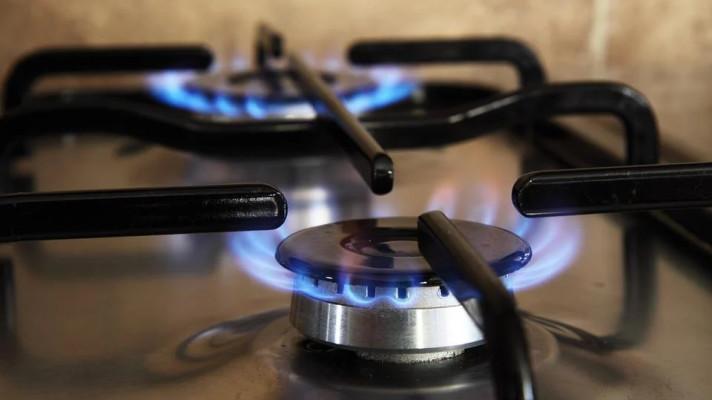Israel negotiating gas exports to Europe
Egypt and Israel signed an agreement in November to create a framework for transferring Israeli gas to Egypt through which they can send it to Europe.
Israel and the European Union have been in negotiations for the past month to export gas to Europe via Egypt, Energy Ministry Director-General Lior Schillat said on Sunday.
The EU and Israeli working groups launched talks days after Energy Minister Karin Elharrar told The Jerusalem Post last month that Israel "will take full advantage" of the opportunity in the energy market offered by European sanctions on Russia over the invasion of Ukraine.
Cairo and Jerusalem signed an agreement in November to create a framework for transferring Israeli gas to Egypt. Once the Russia-Ukraine war began in February, Elharrar and her Egyptian counterpart, Tarek El Molla, discussed how they could work together to fill some of the gaps left in the European energy market by sanctions on Russian gas.
"Egypt has two gas liquefaction facilities and is able to export gas to Europe, where they have the facilities to turn it back into gas," Schillat explained.
Elharrar further discussed the matter with EU Commissioner for Energy Kadri Simson at the International Energy Agency's conference in Paris in March, and later met with the European Commission's vice president, who "officially asked for Israel's help to get through the energy crisis," Schillat said.
Talks between the EU and Israel toward a framework agreement for transferring gas officially began in late April. It will not only cover the current Ukraine crisis, but will allow Israel to provide Europe with gas in the longer term.
"The Europeans and Americans expect that the energy crisis will influence the continent not only in the next couple of years but for the next decade as they try to reduce dependence on Russian gas," Schillat said. "Israel, as part of this effort, will have to build infrastructure to send more gas to Egypt and then to Europe. It is a long-term effort."
Israel has been preparing to double its export capacity in the coming years, especially after the Karish-Tanin natural gas fields in the Mediterranean Sea are connected. Gas exploration and production company Energean, which has the rights to the two blocs, has said it will bring Karish online as early as July.
"Today, the local market uses 12 billion cubic meters (bcm) and we export another four to Egypt and three to Jordan," Schillat said. "We will start with low numbers [of additional exports] and increase as Israel's capacity grows."
As for the Energy Ministry's announcement in December 2021 that it plans to halt the search for more natural gas in 2022 to focus on renewable energy, its director-general said, "The crisis in Europe shuffled the deck."
The ministry is "not sticking to dogma and we are constantly reassessing our work, including our strategy for searching for more gas," Schillat stated. "At the moment, there are searches for gas. Energean said it just found an eight bcm field near Haifa and there are more searches planned for this year."
The current situation means that searching for more natural gas could be better for the environment than stopping the search.
"When we talk to the Europeans," he said, "they say that in light of what is happening in Russia, they are considering replacing [Russian gas] with coal. The ability to replace Russian gas with other gas, instead of coal, has a positive environmental influence."
The EastMed Pipeline, a proposal to build the world's longest gas pipeline from Israel to Europe via Greece and Cyprus, is not yet relevant to helping Europe resolve the gas crisis, Schillat explained, because it is too far from becoming a reality.
"The private company meant to build it is still conducting a technological and economic examination," he said. "They think they will finish at the end of this year. Until then, there really isn't anything to do... We haven't reached a situation in which we can make decisions."
Last month, Elharrar said that, "the European energy market is facing a substantial shortage following the Russia crisis. Israel sees an opportunity, and will take full advantage of it."
Russia provides Europe with about 40% of its natural gas consumption per year - more than 150 bcm. Israel cannot take Russia's place altogether, but eastern Mediterranean states can provide about 20 bcm annually, most of which would come from Israel. The US promised Europe 15-20 bcm of liquefied natural gas following the Russia sanctions, and Qatar is expected to export 20-30 bcm to the continent.
